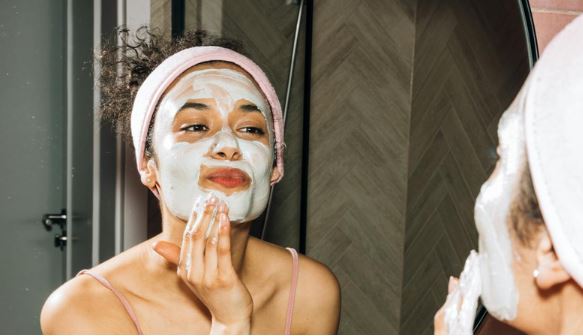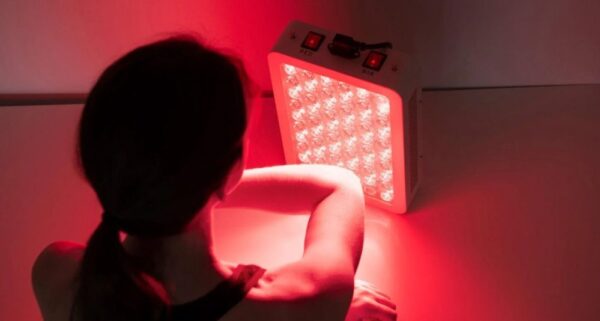Lifestyle
5 tell-tale signs that your skin is stressed

Whether it’s work, family or just our day-to-day activities, stress has a way of creeping up on us and into our lives.
If you thought you had a fairly stress-free life, the pandemic has managed to bring each and every one of us a fair share of angst.
Stress affects people differently, and everybody deals with it differently, but regardless of how it presents itself, your body has a way of showing it.
No matter how hard you might try to you hide it, your skin will tell the tale.
Dr Alek Nikolic, a renowned specialist in Aesthetic Medicine and owner of online skincare store SkinMiles, tells about the are the common signs that indicate that your skin is stressed and how to treat those symptoms.
1. Increased breakouts even when it’s not that of the month
When we are stressed, we produce sebum which is an oily substance that mixes with dead skin cells and bacteria to clog the hair follicles, leading to a pimple. Naturally, many people will increase the number of times they wash their face, but this will only leave you with dry and flaky skin. Although products will help you control your breakouts, you need to look at ways to reduce your stress.
2. You’ve lost your glow
Everyone is longing for glowing skin. Stress can cause your skin to look dull, and you might even start to lose volume in your face leading to fine lines. Vitamin C is the serum you need to tackle dull skin; with free-radical-fighting, anti-inflammatory, melanin-inhibiting, and collagen-stimulating properties, it’s basically a glass of brightening orange juice for your skin.
“This natural antioxidant can help protect skin from oxidative damage from UV rays and pollution, clear acne, fade dark spots, and reduce the appearance of fine lines and wrinkles. It’s also proven to boost the effectiveness of sunscreen,” says Dr Nikolic.
3. Increased redness
Stress triggers a ‘flight or fight’ response in the body, which releases hormones into the bloodstream. As our anxious emotions begin to flow, our capillaries begin to expand, causing an increase of blood flow to the face. Try to eliminate any products that may cause irritation, and consider using a retinoid.
4. Dry dehydrated skin
When we need to treat dry or dehydrated skin, it is important to look at ingredients that replenish, rehydrate and repair the skin barrier. “My main go-to ingredients to look out for are emollients, skin-replacing ingredients or Humectants and antioxidants,” continues Dr Nikolic.
5. No more sparkling eyes
Dehydration is the biggest culprit when it comes to tired eyes. Increase your water intake where possible, and before reaching for that morning cup of coffee, try and drink at least one glass of water.
“As a medical professional, I understand innately that we all have a compromised skin barrier to one degree or another. To allow our skin barrier to function at its best, a topical skincare regime must be tailored with ingredients that repair and heal your skin. Even if we’re using the best products available, a damaged skin barrier will always prevent these products from optimally benefiting the skin,” explains Dr Nikolic.
Healthy lifestyle habits, including a well-balanced diet and exercise, may also help to regulate stress hormones in the body, which should, in turn, have positive effects on skin and hair.










